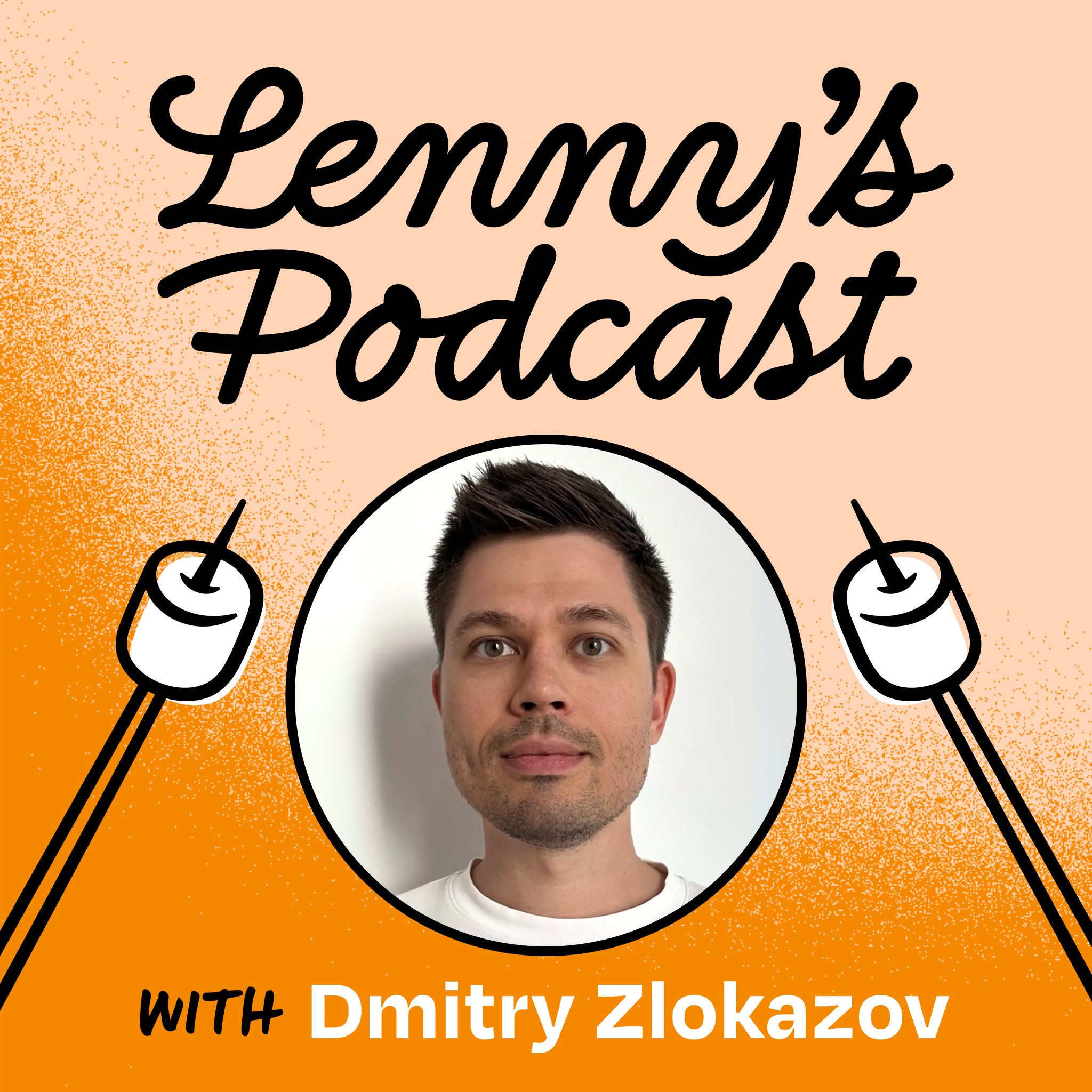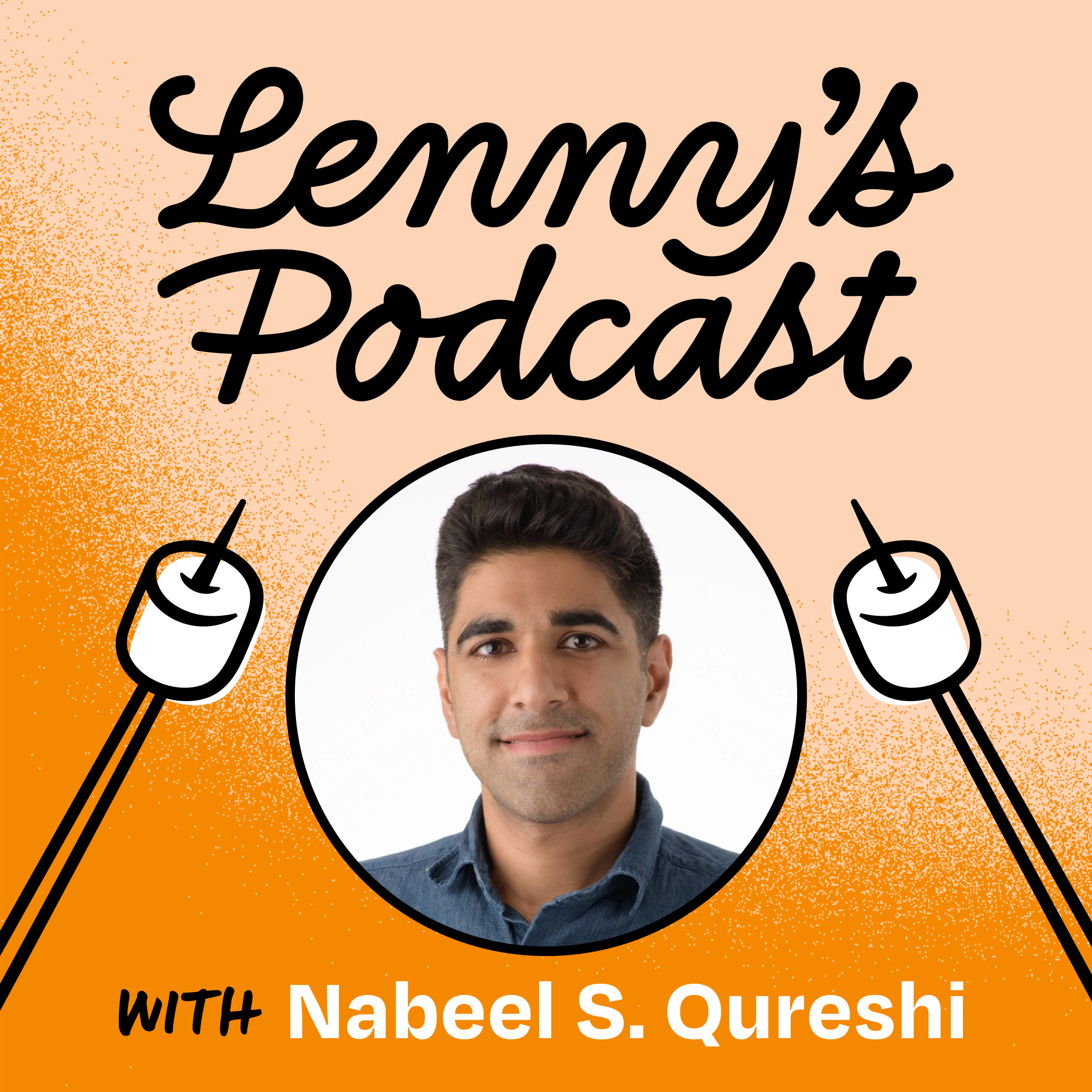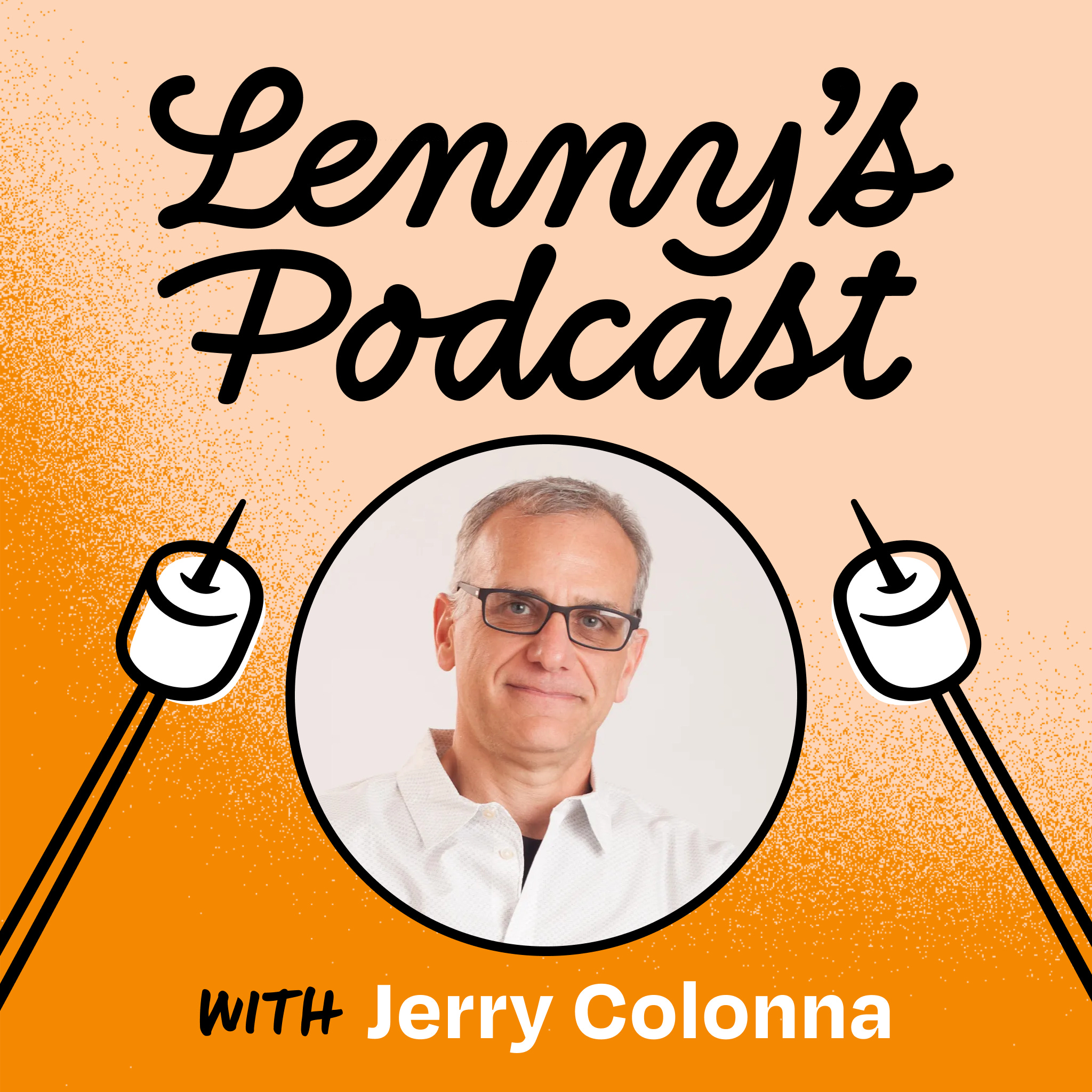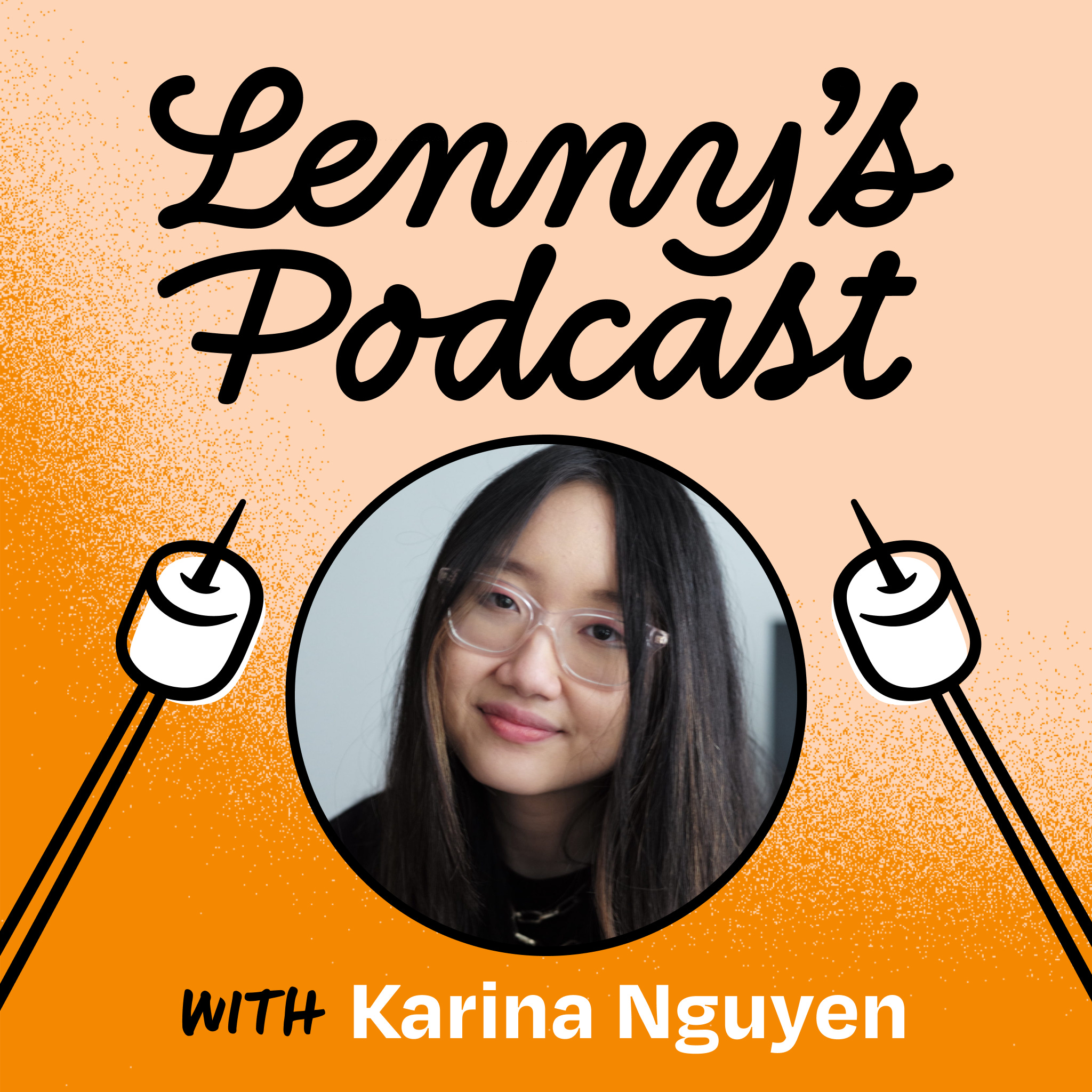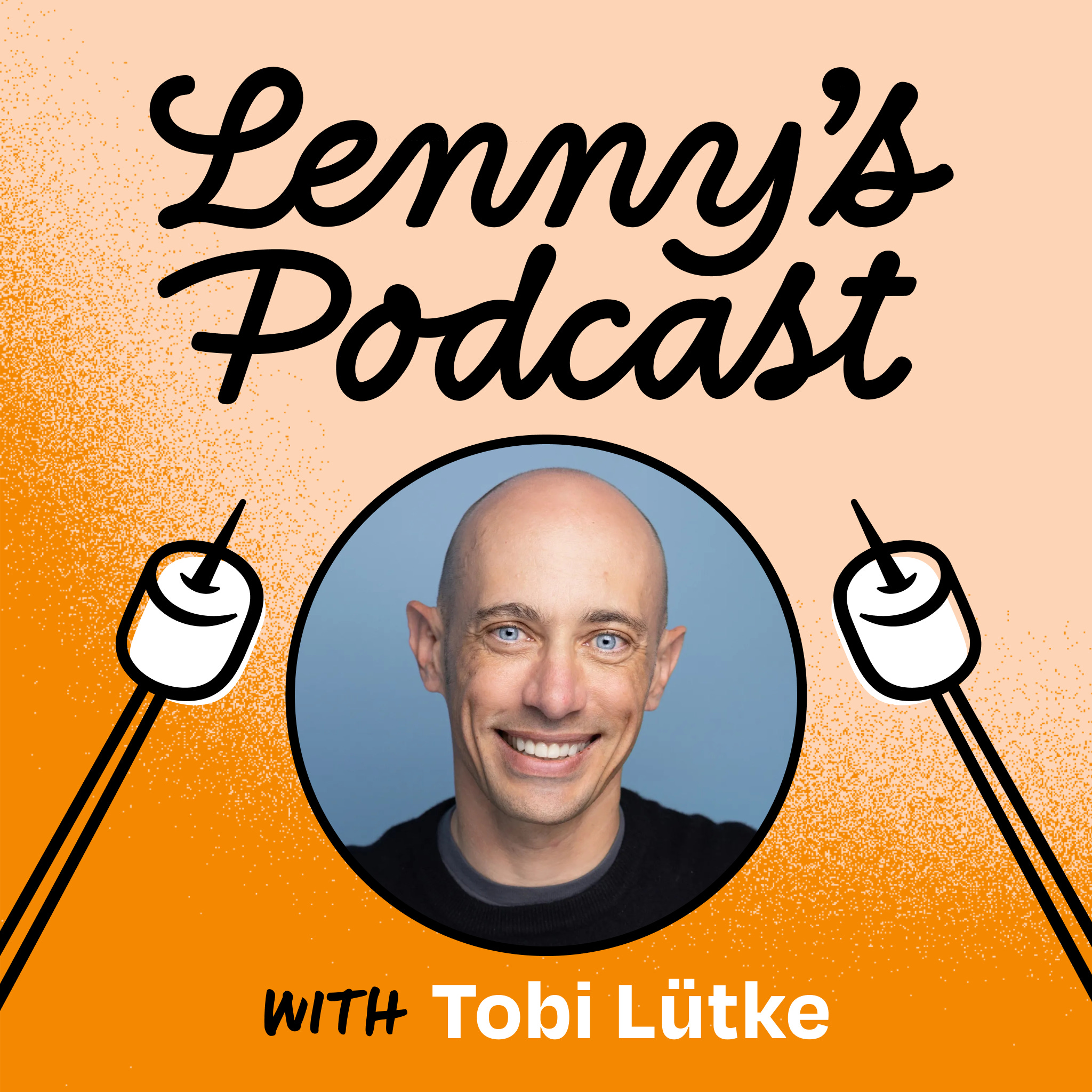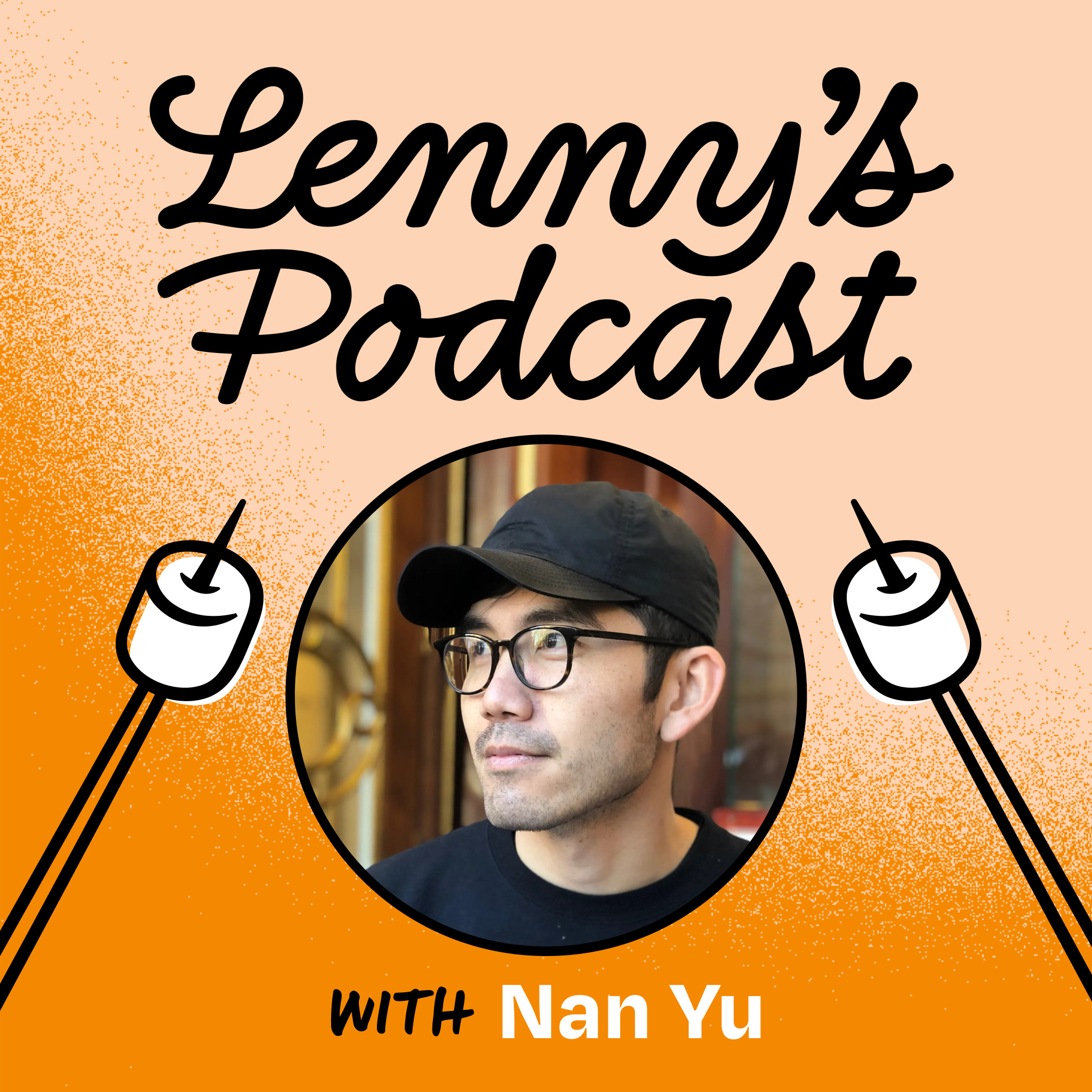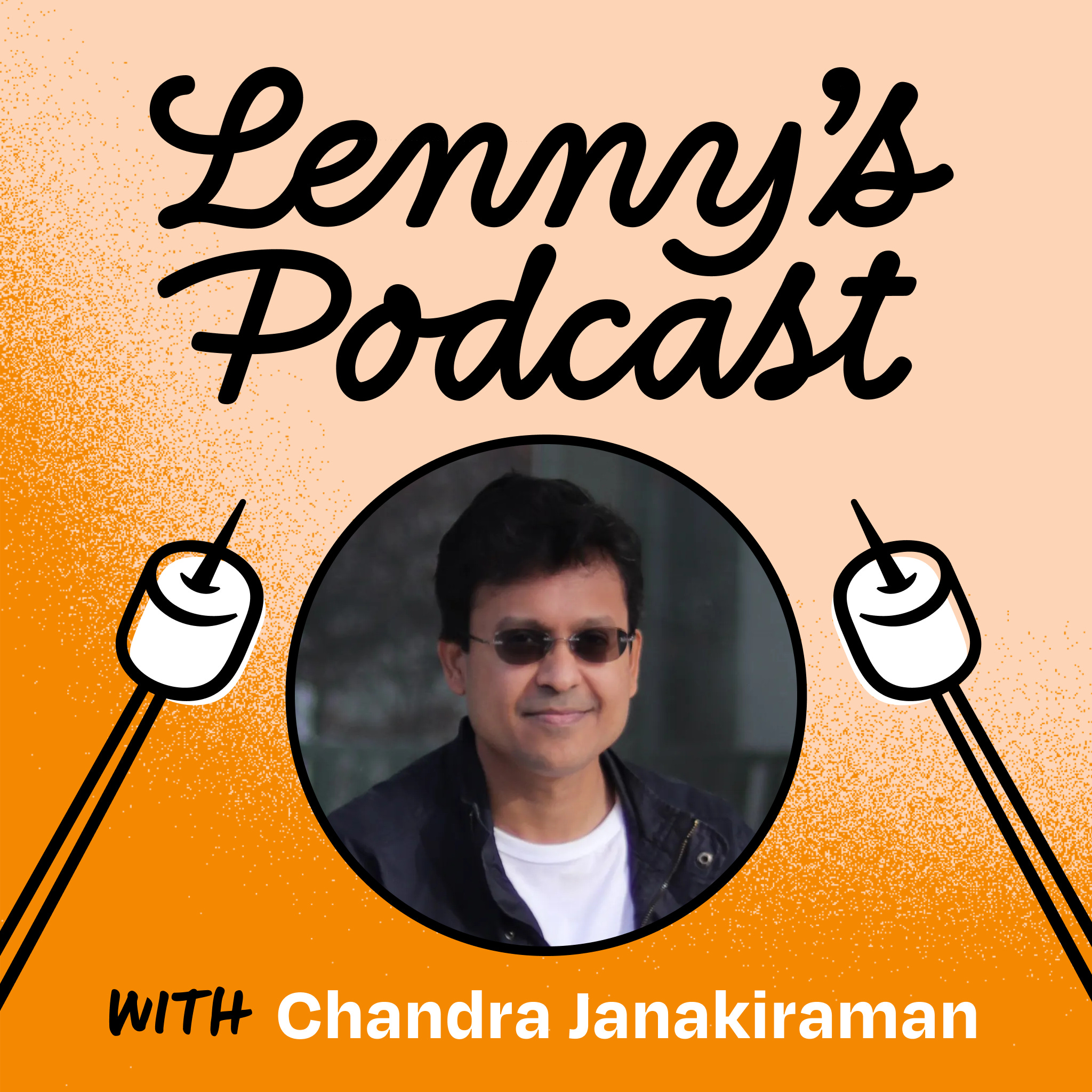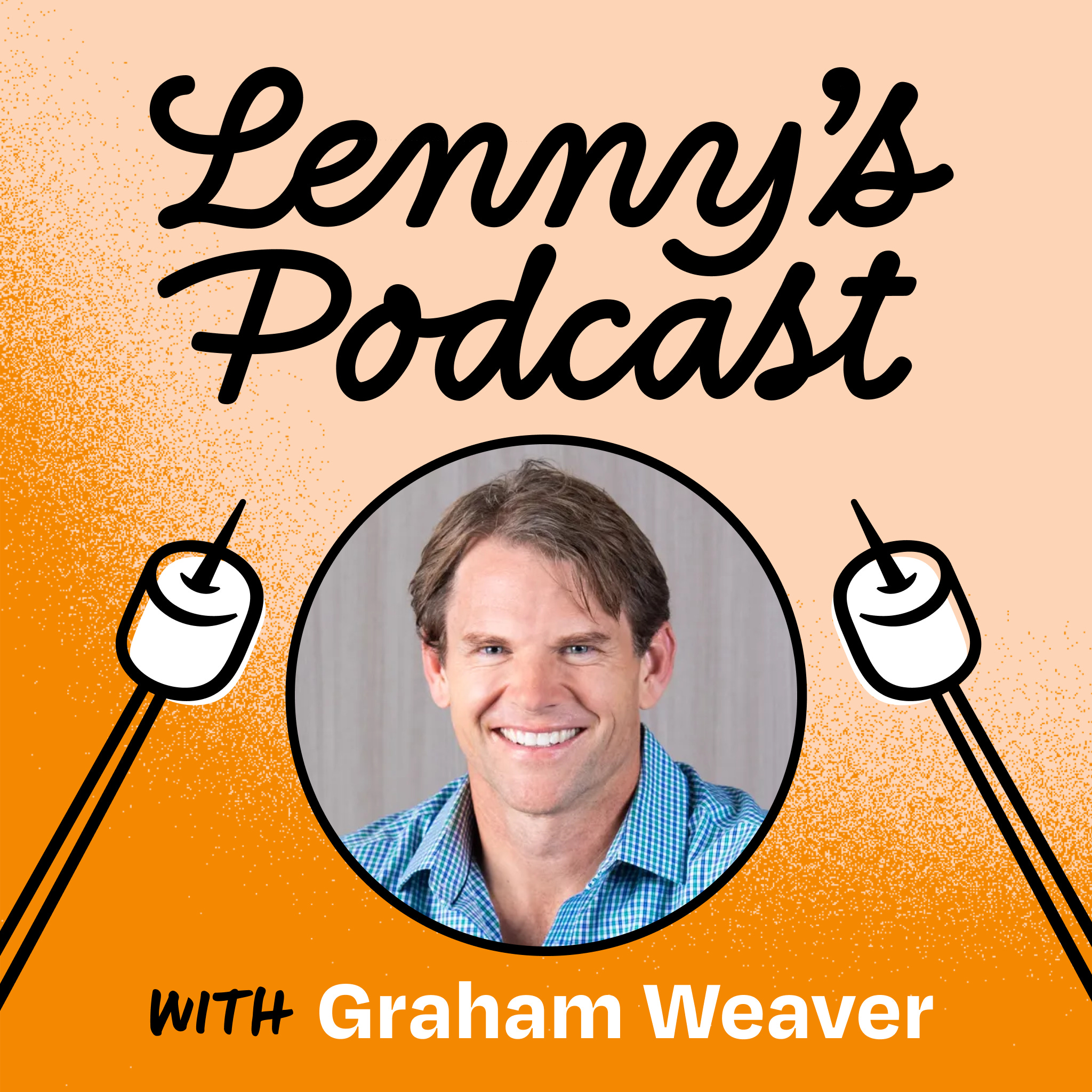
August 25, 2024 • 1hr 38min
How to consistently go viral: Nikita Bier’s playbook for winning at consumer apps (co-founder of TBH, Gas, advisor, investor)
Lenny's Podcast: Product | Growth | Career
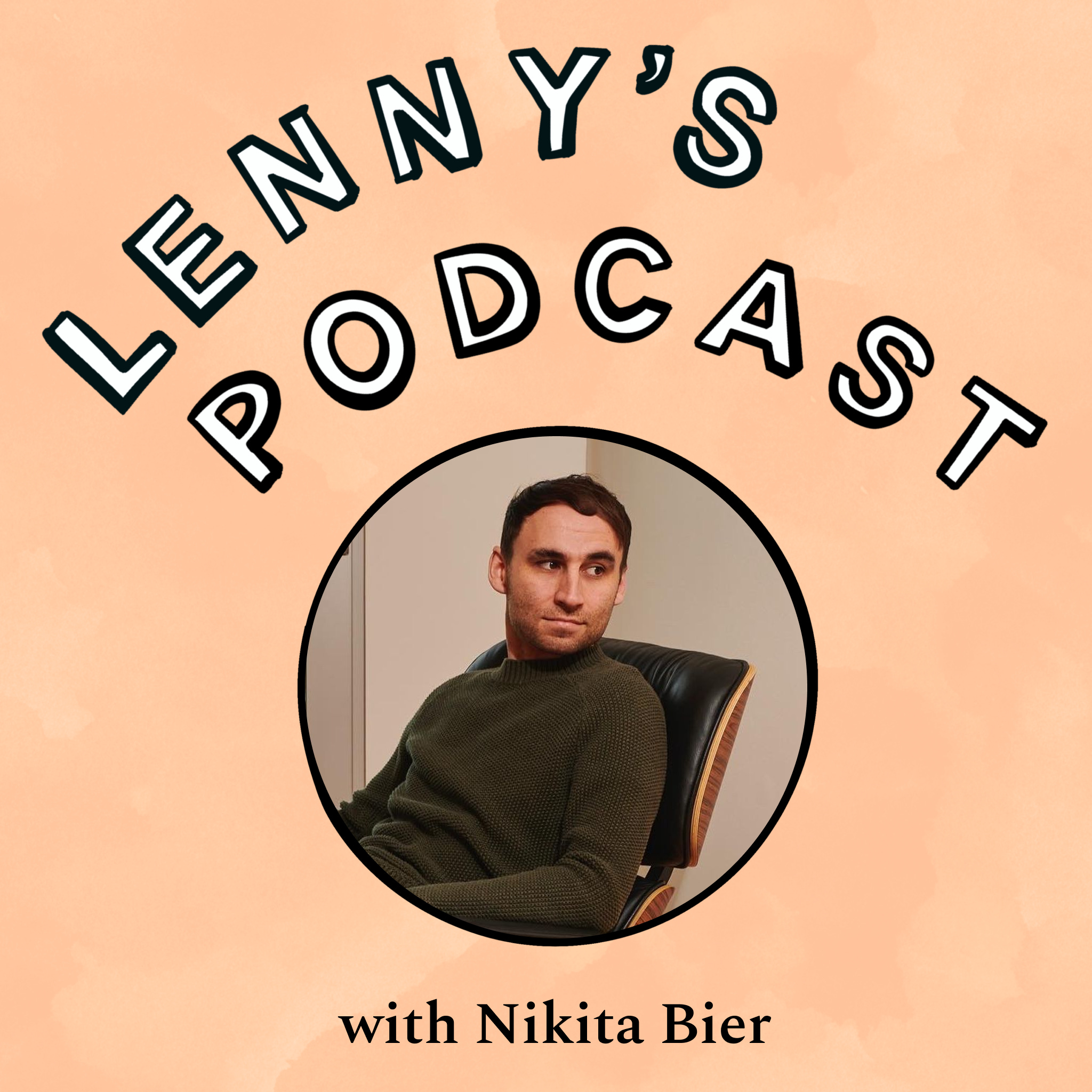
Key Takeaways
- Building for teens is key for viral consumer apps - Teens are more likely to invite friends and adopt new apps compared to adults over 22
- Testing and iterating quickly is critical - Develop a reproducible testing process to take many "shots on goal" with new app ideas
- Get users to the "aha moment" as fast as possible - Aim to demonstrate value within the first 3 seconds of app usage
- Be ruthless about cutting features - Focus on the core value proposition and eliminate anything that doesn't directly contribute to it
- Align marketing and product growth - Ensure consistency from ads to in-app experience to maximize user acquisition and retention
- Building durable consumer apps is extremely difficult - True staying power for social/communication apps is rare, more akin to "summer songs" than enduring businesses
- iOS 18 contact permission changes will significantly impact app growth - Developers need to rethink friend-finding and invitation flows
Introduction
In this episode, Lenny interviews Nikita Bier, one of the most successful consumer app developers and growth experts in Silicon Valley. Nikita has built multiple viral apps that reached #1 in the App Store, including TBH (sold to Facebook for $30M+) and Gas (sold to Discord). He now advises top consumer tech companies on growth, product, and design.
The conversation covers Nikita's journey building viral apps, his strategies for achieving explosive growth, insights on building for teens vs adults, fighting misinformation, creating durable products, and advice for founders. Nikita provides a candid look behind the scenes of launching hit consumer apps and shares tactical advice based on his extensive experience.
Topics Discussed
Nikita's Background and Early Ventures (0:00)
Nikita started his career building web apps as a teenager, including an e-commerce site selling pirated games. In college, he created Politify, a tool to help voters understand the financial impact of presidential candidates' policies. This led to a government contract and joining the Techstars accelerator.
However, Nikita realized he didn't enjoy selling to governments and pivoted to consumer apps. As he explains:
"My core competency all along was making things that go viral on the Internet. Like, that was what we had built, not this policy simulation tool."
Over the next 4-5 years, Nikita and his team built 15 different consumer apps, experimenting with various concepts and audiences. This process helped them develop a "muscle" for understanding what people want and how to make things grow.
Focusing on Teens and the Birth of TBH (13:45)
Through their experiments, Nikita's team discovered that teens were the ideal audience for viral consumer apps. He explains:
"For every social app I've ever built, the number of invitations sent per user drops 20% for every additional year of age from 13 to 18. So if you build for adults, expect to acquire every user with ads."
This insight led to the creation of TBH, an anonymous polling app for teens. The idea came from observing trends on Snapchat and noticing the viral success of Sarahah, an Arabic anonymous messaging app that was inexplicably #1 in the US App Store.
Nikita recognized the latent demand for positive affirmation among teens and created TBH to meet this need in a safer way than existing anonymous apps.
TBH's Viral Success and Growth Strategies (20:00)
TBH launched in a single school in Georgia and spread rapidly:
- 40% of the school downloaded it in the first 24 hours
- It quickly spread to neighboring schools
- Within 6 days, it was on track to be #1 in the US App Store
Nikita shares some key strategies they used to seed and test the app:
- Targeting ads to specific schools
- Creating dedicated Instagram accounts to follow students from target schools
- Using a state-by-state rollout strategy with geofencing
He emphasizes that these tactics were for initial testing, not sustained growth:
"This is not the way we grew the app. This is how we tested apps... for the first 100 users, yes, that's how we got them. And that allowed us to know whether the product was working or not."
Selling TBH to Facebook and Working as a PM (37:00)
Just 9 weeks after launch, TBH was acquired by Facebook for over $30 million. Nikita joined Facebook as a product manager, which was his first traditional job. He found the transition challenging:
"The thing I didn't realize as a product manager in a large tech company is there is very little product management that you do. You're actually not as involved in the product as I had assumed."
He struggled with being disconnected from the design process and found it difficult to be fully honest about product ideas in a corporate environment. However, he appreciated the academic approach to growth and the resources available.
Building Gas and Fighting Misinformation (53:53)
After leaving Facebook, Nikita rebuilt a version of TBH called Gas. It achieved similar viral success but faced a major challenge when a hoax spread claiming the app was used for human trafficking. Nikita and his team fought this misinformation aggressively:
- Contacting journalists to ensure accurate reporting
- Reaching out to schools and police departments to retract false statements
- Creating educational content to combat the rumors
This experience highlighted the challenges of rapid growth and the importance of proactively managing public perception.
Building Durable Consumer Apps (1:13:14)
Nikita shares his perspective on the difficulty of building lasting consumer apps:
"Finding durability for a communication or social product, that's a black swan event... There's like one every decade. If it was simple, I would just be printing $1 trillion companies. I'd be printing Facebooks every time I sat down."
He explains that while growth can be engineered with skill, long-term retention involves significant randomness. Nikita enjoys the thrill of rapid growth and viral success more than the prospect of running a large organization long-term.
iOS 18 Contact Permissions and Future Challenges (1:23:27)
Nikita discusses the upcoming changes to contact permissions in iOS 18 and their potential impact on app growth:
"My expectation is it's going to be very difficult to find friends on apps going forward, to invite friends on apps going forward, and that founders will need to rethink how they do it."
He predicts this change will entrench incumbents and make it harder for new social apps to build network effects. However, he also sees it as an opportunity for innovation in friend-finding mechanisms.
Advice for Startup Founders (1:31:53)
Nikita offers several key pieces of advice for founders building consumer apps:
- Focus on time to value: Get users to the "aha moment" within 3 seconds
- Be creative with activation: Use non-traditional methods to quickly demonstrate value
- Align marketing and product: Ensure consistency from ads to in-app experience
- Analyze funnels deeply: Look for opportunities to optimize at every step
He emphasizes the importance of being ruthless about cutting features and focusing on the core value proposition.
Conclusion
Nikita Bier provides a wealth of insights into building successful consumer apps, drawing from his extensive experience launching multiple viral hits. His advice emphasizes the importance of rapid testing, focusing on teens, getting to value quickly, and being creative with growth tactics. While he acknowledges the difficulty of building truly durable consumer products, Nikita's strategies offer a roadmap for maximizing the chances of short-term viral success.
For founders and product leaders in the consumer space, this episode offers both tactical advice and strategic perspectives on navigating the challenges of building and growing apps in today's competitive landscape. Nikita's candid discussion of both successes and setbacks provides a realistic view of what it takes to achieve breakout growth in consumer tech.
